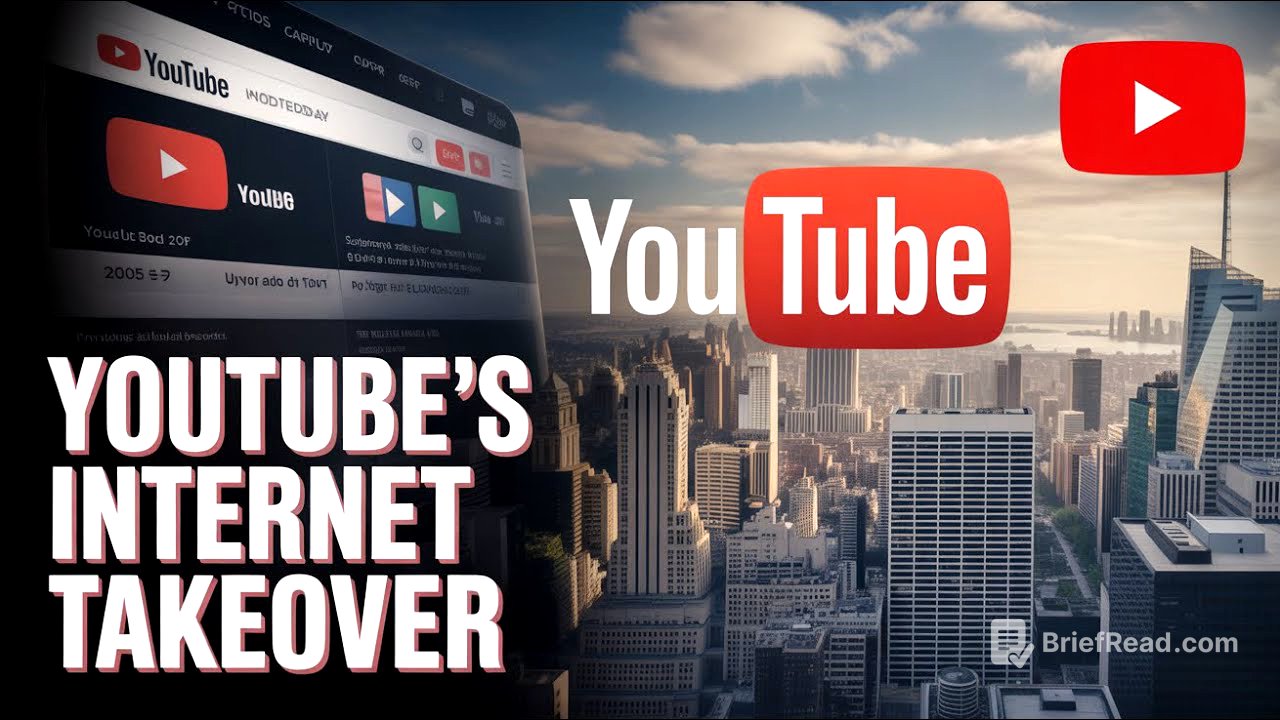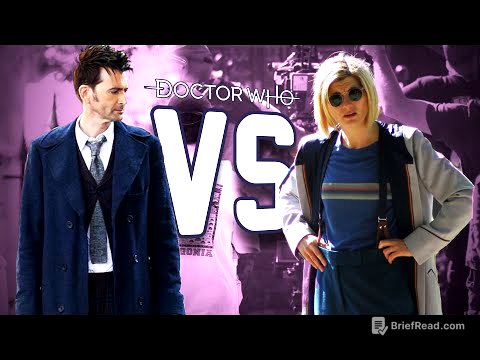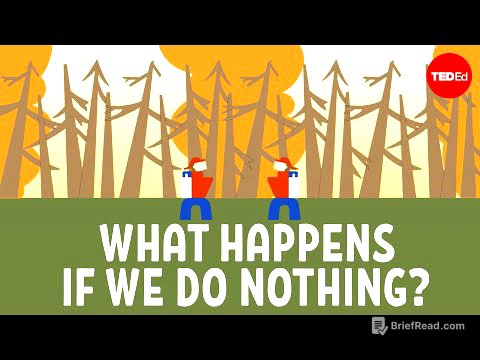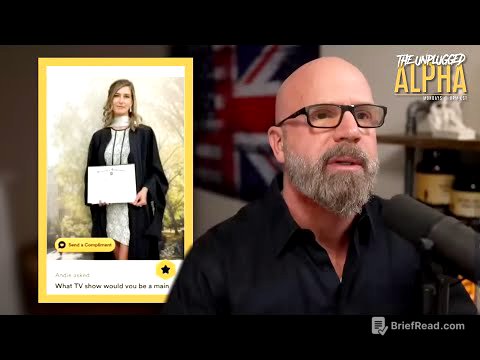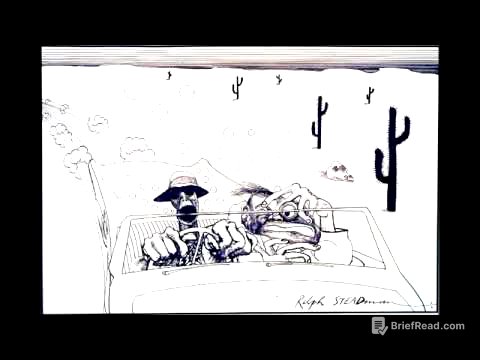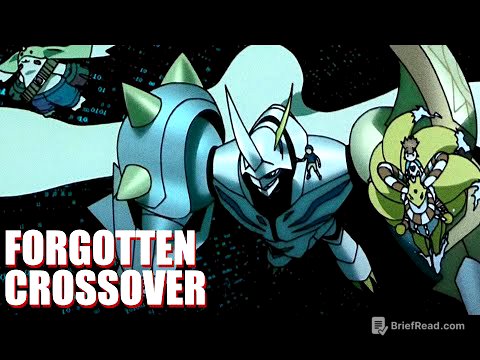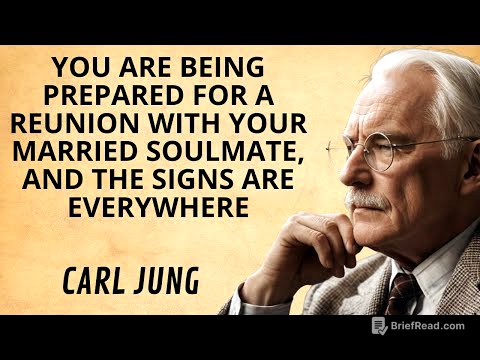TLDR;
This video chronicles the history and impact of YouTube, from its humble beginnings as a solution for sharing videos online to its current status as a global platform. It highlights key moments such as the first video upload, Google's acquisition, the rise of creators, and the platform's cultural influence, while also addressing the controversies and challenges that have emerged with its growth. The video emphasizes YouTube's role in transforming how we connect, share stories, and express ourselves, ultimately portraying it as a reflection of humanity.
- YouTube started as a simple solution for sharing videos online.
- Google's acquisition provided YouTube with the resources to expand.
- YouTube has democratized content creation, allowing anyone to reach a global audience.
- The platform has faced controversies related to copyright, algorithms, and misinformation.
- YouTube has profoundly changed how we connect and share stories.
The Genesis of YouTube [0:01]
In 2005, three former PayPal employees, Chad Hurley, Steve Chen, and Jawed Karim, created YouTube to solve the problem of sharing videos online. The existing web infrastructure was not equipped for video content due to slow upload speeds and incompatible formats. On April 23, 2005, Jawed Karim uploaded the first video to YouTube, a 13-second clip of him at the zoo in front of elephants, marking the beginning of a revolution in online video sharing.
Explosive Growth and Challenges [0:57]
YouTube's popularity grew rapidly, but this growth presented significant challenges. The platform faced server crashes and copyright complaints as more and more users began uploading content. Despite these issues, YouTube continued to expand, attracting millions of uploads and billions of views. The founders struggled to manage the increasing costs of bandwidth and infrastructure.
Google's Acquisition and the Rise of Creators [1:38]
In November 2006, Google acquired YouTube for $1.65 billion, providing the platform with the necessary resources and infrastructure to support its massive user base. This acquisition marked a turning point, transforming YouTube into a structured and powerful platform. The acquisition empowered individuals to become creators, using the platform as a stage to share their stories, educate, and entertain.
The Golden Age of Content Creation [2:34]
From 2007 to 2012, YouTube experienced a surge in user-generated content, with viral videos like "Charlie bit my finger," "Evolution of Dance," and "Gangnam Style" capturing global attention. This era democratized fame, allowing anyone to gain recognition through their uploads. The traditional gatekeepers of media disappeared, and a diverse range of content creators emerged, covering comedy, gaming, politics, education, and more.
Controversies and Challenges [3:23]
As YouTube's influence grew, so did the controversies surrounding it. The platform faced challenges related to copyright infringement, algorithm biases, and demonetization issues. The focus shifted from who could speak to who gets heard, raising questions about censorship and misinformation. Creators also experienced burnout, highlighting the pressures of maintaining a constant online presence.
YouTube Today: A Digital Reflection [4:03]
Today, YouTube is a global platform with over 500 hours of video uploaded every minute and billions of monthly visitors. It serves as a reflection of humanity, encompassing diverse languages, cultures, and perspectives. While it entertains and educates, it also faces challenges related to division and misinformation. Despite these issues, YouTube has fundamentally changed how we connect and share stories, emphasizing the courage to share something real and be heard.
